Steel Columns: The High-Strength Core Support of Building Structures



| Product name: | Steel Columns: The High-Strength Core Support of Building Structures |
| Keywords: | Steel Columns: The High-Strength Core Support of Building Structures |
| Industry: | Construction and building materials - Construction industry |
| Process: | Sheet metal - Structural parts |
| Material: | Carbon steel |
Processing manufacturer
- There are 46 manufacturers that provide similar products
- There are 193 manufacturers that provide this processing technology
- There are 110 manufacturers that provide this material processing service
- There are 162 manufacturers that provide this industry processing service
Product details
In the grand blueprint of modern architecture, there is an element that, although not often visible, is as crucial as the human skeleton: the steel column. It is not just a simple building material, but the well-deserved high-strength core support in the entire building structure system, bearing a heavy burden and maintaining the buildings stability and safety.
Imagine a towering skyscraper, a majestic bridge spanning a river, or a modern factory with an open, column-free space. The magnificent momentum and practical space they exhibit are inseparable from the strong support provided by steel columns. Compared to traditional materials, steel itself has excellent strength and toughness. This means that steel columns can withstand extremely large vertical loads (such as the buildings self-weight, equipment, and personnel activities) and complex horizontal loads (such as wind and seismic forces) with a relatively smaller cross-section. This "small size, big energy" characteristic provides architects and engineers with the possibility to create larger spans, higher spaces, and more flexible layouts, which is the key to breaking through structural limitations.
As the core support, the value of steel columns goes far beyond load-bearing. Its high degree of stability ensures the overall stability of the building under various external forces, effectively resisting the risk of deformation and overturning. In seismic design, steel columns, with their good ductility (deformation ability), can absorb and dissipate seismic energy, becoming an important defense line for protecting life and property safety. This "strength with toughness" characteristic is the cornerstone of building structural safety.
The advantages of modern steel columns are also reflected in their precise industrial production. Manufactured in factories under strict control, they ensure dimensional accuracy, stable quality, and reliable performance. This standardization and controllability not only significantly shorten the on-site construction cycle (for example, prefabricated steel columns can be lifted and installed upon arrival), reducing on-site wet work and reliance on manual labor, but also significantly improve the overall projects efficiency and quality control. For projects pursuing schedule and cost-effectiveness, choosing steel columns as the core support means a faster return on investment and a better overall cost.
Furthermore, the application of steel columns gives buildings an inherent sense of lightness (compared to concrete structures with the same load-bearing capacity). It reduces the foundation load, optimizes the structures self-weight, and provides greater design freedom. Whether its a glass curtain wall building pursuing a transparent view or an industrial facility requiring a large, flexible layout, steel columns can perfectly fulfill their role as the core support, perfectly integrating strength and efficiency.
Choosing high-quality steel columns means choosing to inject an indestructible "steel spine" into your building project. It is not just a pillar standing on the ground, but a high-strength core support that carries safety, realizes design, improves efficiency, and guarantees quality. When you plan your next iconic building or critical project, be sure to examine this crucial core component—the steel column—and let it be the solid foundation for your projects stability, efficiency, and success.
Similar products
More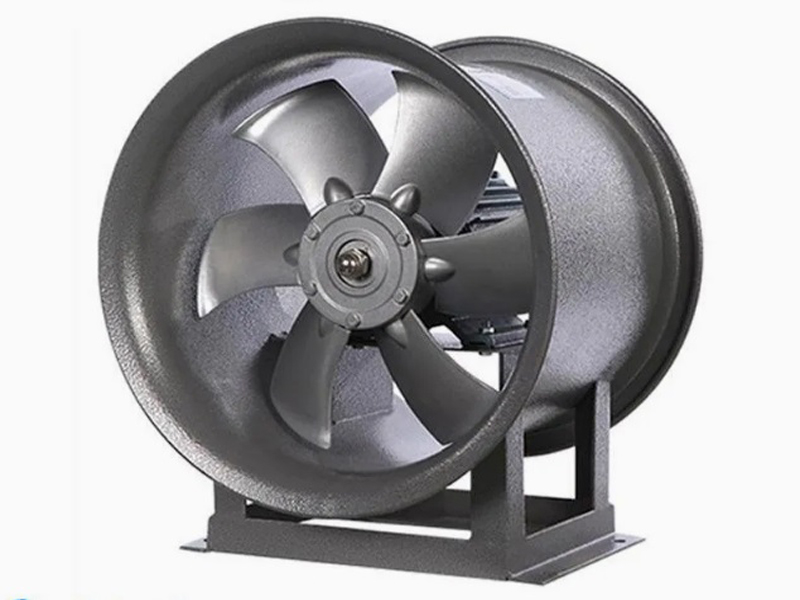
What are the machining processes used for processing axial fan housings
- Process : Sheet metal - Welding
- Material : Carbon steel
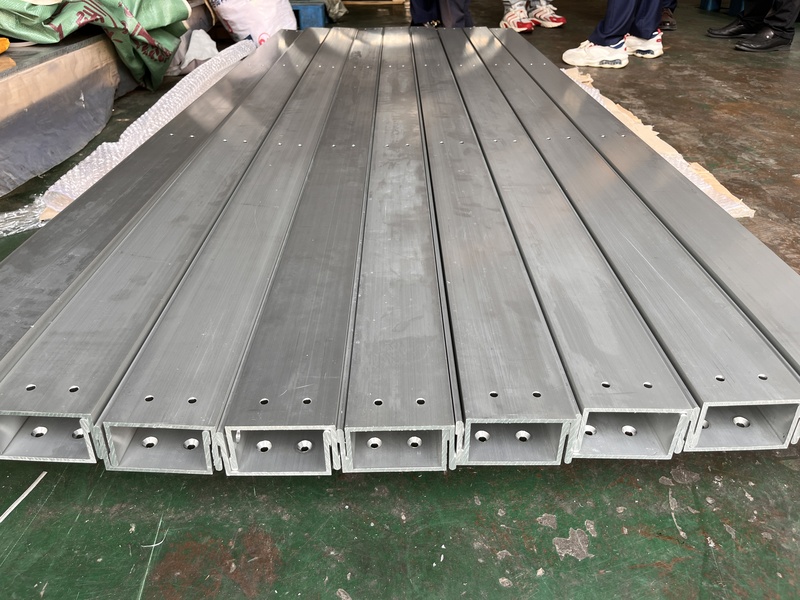
Precision Machining of U-Steel Profiles for Building Applications
- Process : Stamping - General stamping
- Material : Aluminum
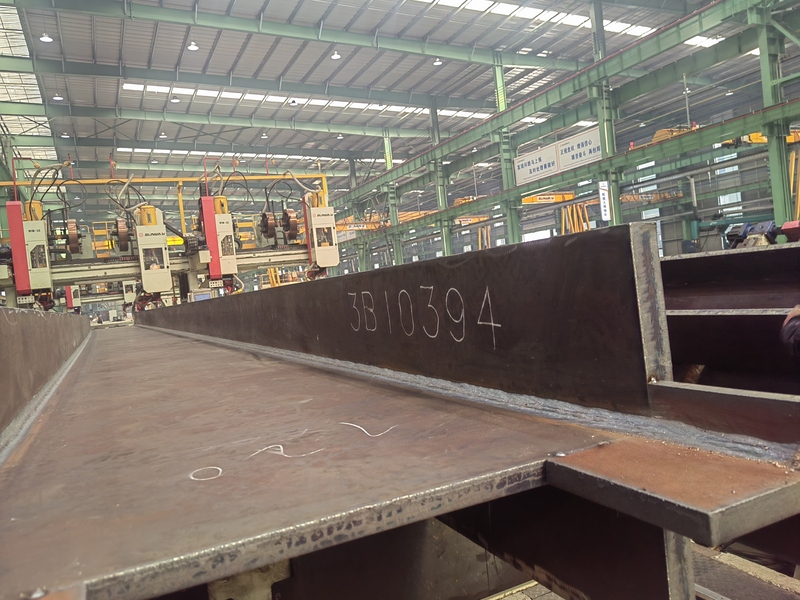
Custom Fabrication of S355JR Welded H-Beams for Construction Projects
- Process : Sheet metal - Welding
- Material : Carbon steel
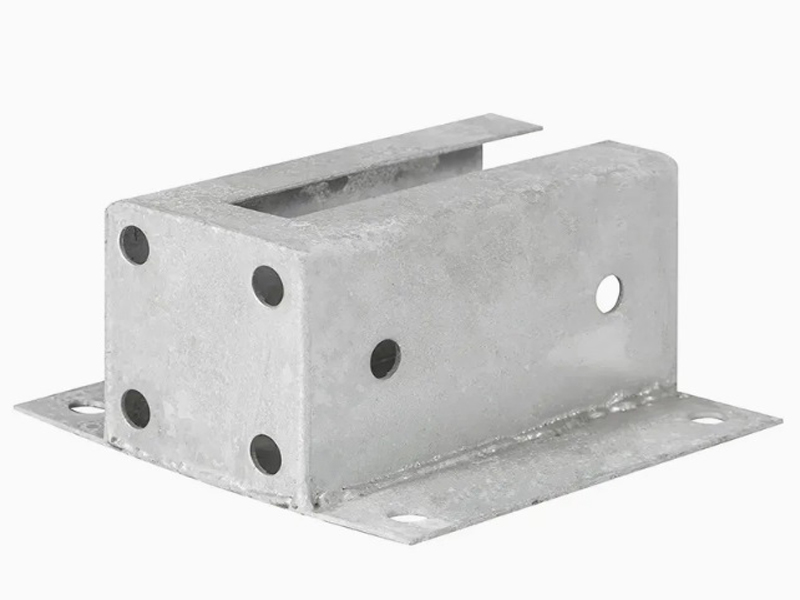
Machining Process Analysis of Carbon Steel Fixed Anchor Plates
- Process : Machining - CNC milling or milling machining
- Material : Carbon steel
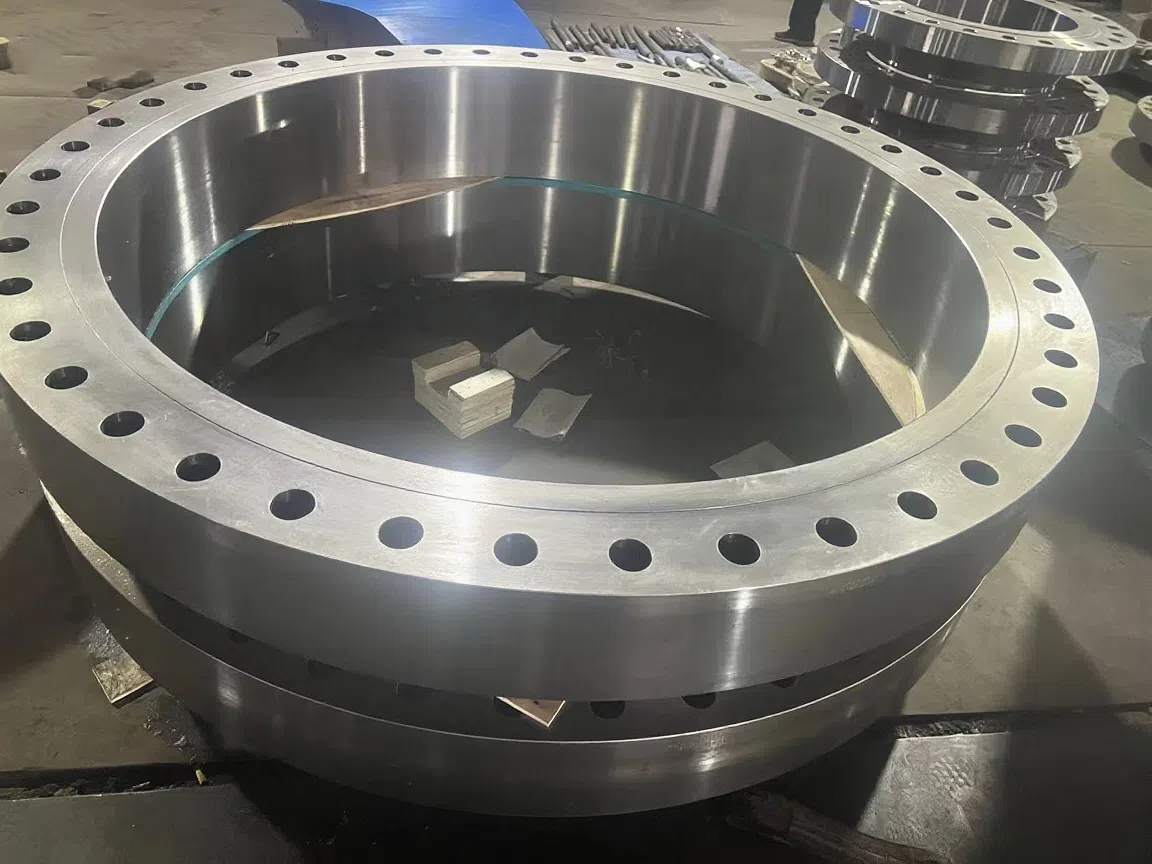
Heavy-Walled Flange Milling-Turning Machining and Flaw Detection
- Process : Machining - Turning Milling compound
- Material : Alloy steel
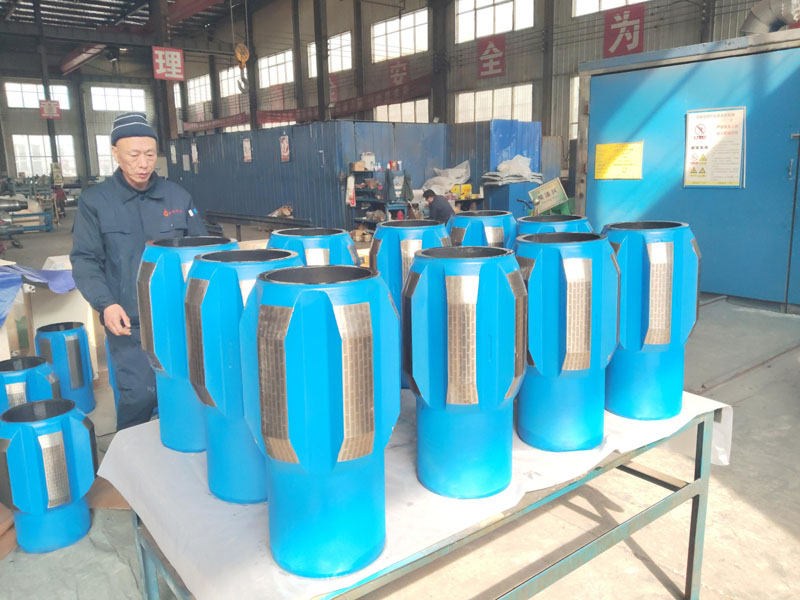
Drill Stabilizers Applied in Oil Drilling Platforms
- Process : Machining - Five-axis machining
- Material : Alloy steel
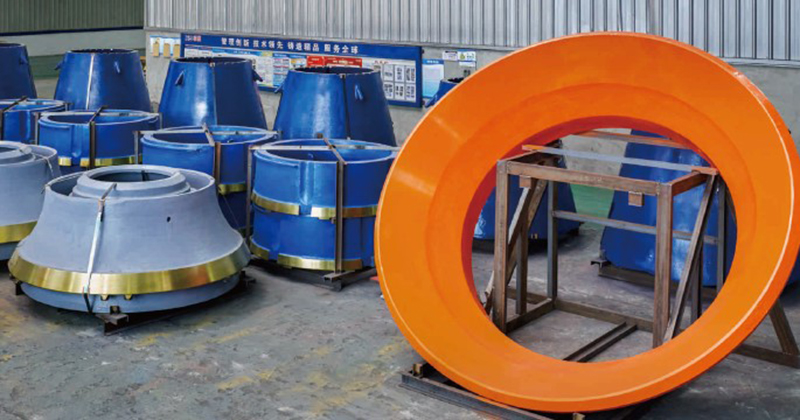
Cone Crusher Mantle
- Process : -
- Material :
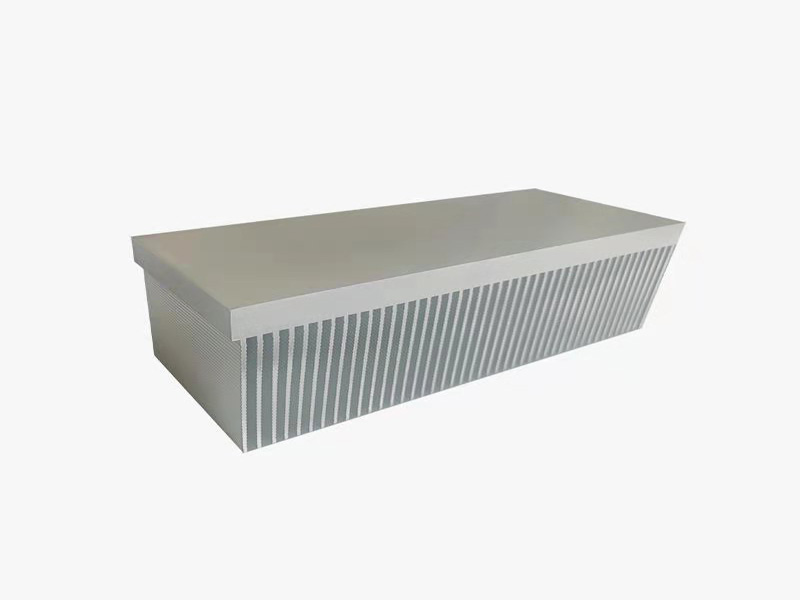
Innovative skiving technology: Breaking through the bottleneck of high-density heat dissipation technology
- Process : Surface treatment - Others
- Material : Alloy steel
More products
More
What are the machining processes used for processing axial fan housings
- Process : Sheet metal - Welding
- Material : Carbon steel

Precision Machining of U-Steel Profiles for Building Applications
- Process : Stamping - General stamping
- Material : Aluminum

Custom Fabrication of S355JR Welded H-Beams for Construction Projects
- Process : Sheet metal - Welding
- Material : Carbon steel

Machining Process Analysis of Carbon Steel Fixed Anchor Plates
- Process : Machining - CNC milling or milling machining
- Material : Carbon steel

Heavy-Walled Flange Milling-Turning Machining and Flaw Detection
- Process : Machining - Turning Milling compound
- Material : Alloy steel

Drill Stabilizers Applied in Oil Drilling Platforms
- Process : Machining - Five-axis machining
- Material : Alloy steel

Cone Crusher Mantle
- Process : -
- Material :

Innovative skiving technology: Breaking through the bottleneck of high-density heat dissipation technology
- Process : Surface treatment - Others
- Material : Alloy steel